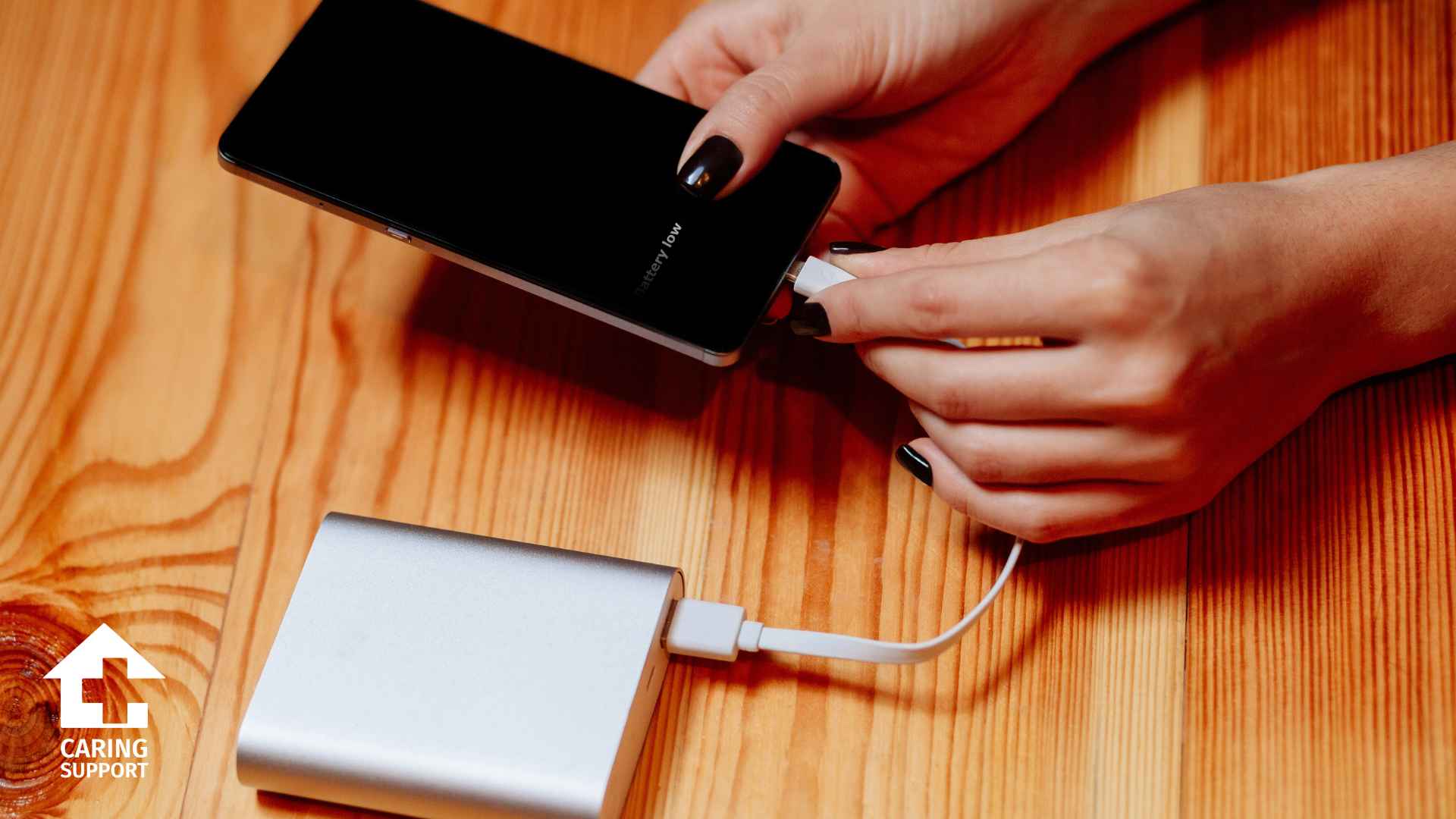
Farmer and environmental groups are urging Health Canada to require mandatory labels for pork from PRRSV-resistant gene-edited pigs. While regulators say the meat is safe and nutritionally identical, critics argue Canadians deserve transparency. Concerns include consumer trust, export markets, regulatory transparency, and fairness for producers avoiding genetic engineering technology.

A 2024 survey by the Pew Research Center found many abandon New Year’s resolutions by January. Psychologist Diana Hill told CNN motivation fluctuates. She recommends integrating movement into daily life, personalizing goals, redesigning spaces for activity, practicing self-compassion and starting with small, manageable exercise commitments.

Registered dietitian Nishta Saxena says most Canadians fall short of daily fibre recommendations. Guidelines suggest 38 grams for younger men, 30 for older men, 25 for younger women and 21 for older women. Found in whole grains, legumes, fruits, vegetables, nuts and seeds, fibre supports digestion, gut health and overall metabolism.

Health Canada has recalled about 20,000 LOGiiX Piston Power 5000 Mag Power Banks due to overheating and potential fire hazards. Four incidents were reported without injuries. Consumers should stop using affected models and contact LOGiiX for replacements and follow local lithium-ion battery disposal guidelines under Canadian law.

A University of Sydney study found influencers promoting testosterone testing to young men as a fix for masculinity concerns. Many posts had financial incentives and marketed products directly. Experts warn this messaging medicalizes normal experiences and leverages men’s desire for belonging, identity, and validation.

Heartbreak activates the same brain regions as physical pain, making emotional loss intensely distressing. Attachment bonds are biologically wired, so separation triggers real suffering. Healing often comes through reconnecting with supportive loved ones, which releases natural pain-relieving endorphins. Persistent emotional pain, however, may require medical support.
We'll keep you updated on all new application updates and features!